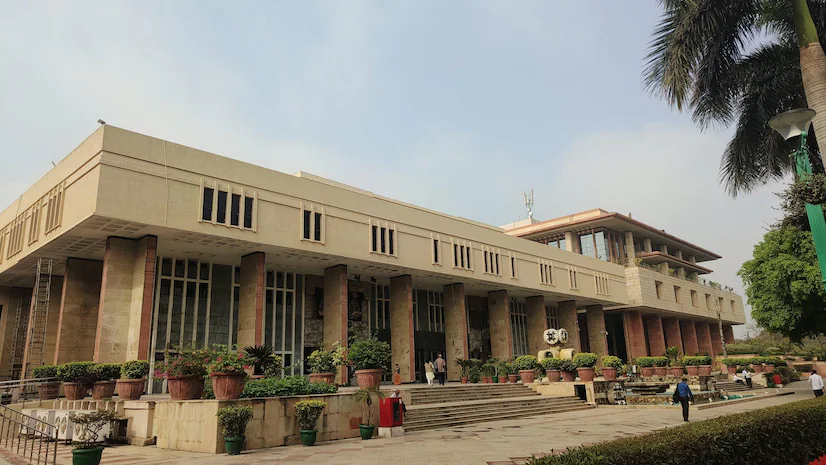Key Facts of the Case
The dispute arose from delays and non-payment issues concerning interior works at the appellant's project site in Noida. Praxis Design Solutions, led by architect Akshay Gandhi, executed a significant portion of the agreed work but faced challenges with delayed payments. According to the respondent, an outstanding amount of ₹81.73 lakhs, including interest, was due as of the filing of the suit.
The appellant contested these claims, alleging delays, overpayments, and failure on the part of the respondent to reconcile accounts. Further, it invoked the arbitration clause in the Work Order dated July 5, 2019, seeking to refer the dispute to arbitration as per Section 8 of the A&C Act.
Trial Court’s Stand
The Commercial Court rejected the appellant's application under Section 8, stating that there was no actionable dispute as the appellant had acknowledged an amount of ₹65.51 lakhs via email. This prompted the appellant to file the present appeal.
Observations by the High Court
The High Court clarified the scope of examination under Section 8 of the A&C Act, emphasizing that:
- The judicial authority must assess only the existence and validity of the arbitration agreement.
- Acknowledgment of liabilities does not nullify the arbitration clause.
The bench remarked, “The very import of an arbitration agreement is that the parties will not take recourse to instituting an action in court but refer their disputes to arbitration.”
The court cited the Supreme Court’s decision in SBI General Insurance Co. Ltd. v. Krish Spinning (2024), reiterating that the standard of scrutiny under Section 8 is limited to a prima facie examination. It concluded that the respondent's contention, suggesting the absence of a dispute, was erroneous.
The Verdict
The High Court set aside the Commercial Court’s order, emphasizing the contractual obligation to resolve disputes through arbitration. With consent from both parties, the case was referred to the Delhi International Arbitration Centre (DIAC), where a sole arbitrator will adjudicate under DIAC rules.
Implications of the Judgment
This decision underscores the sanctity of arbitration clauses and reinforces their role in contractual dispute resolution. For businesses and legal practitioners, it highlights the necessity to honor arbitration agreements, irrespective of admitted liabilities.
This landmark ruling bolsters India's legal framework for arbitration, fostering a pro-arbitration environment for efficient dispute resolution.
Read The Judgment Here
keywords: Delhi High Court, Arbitration Clause, Arbitration and Conciliation Act, Prima Facie Examination, DIAC, Commercial Disputes

